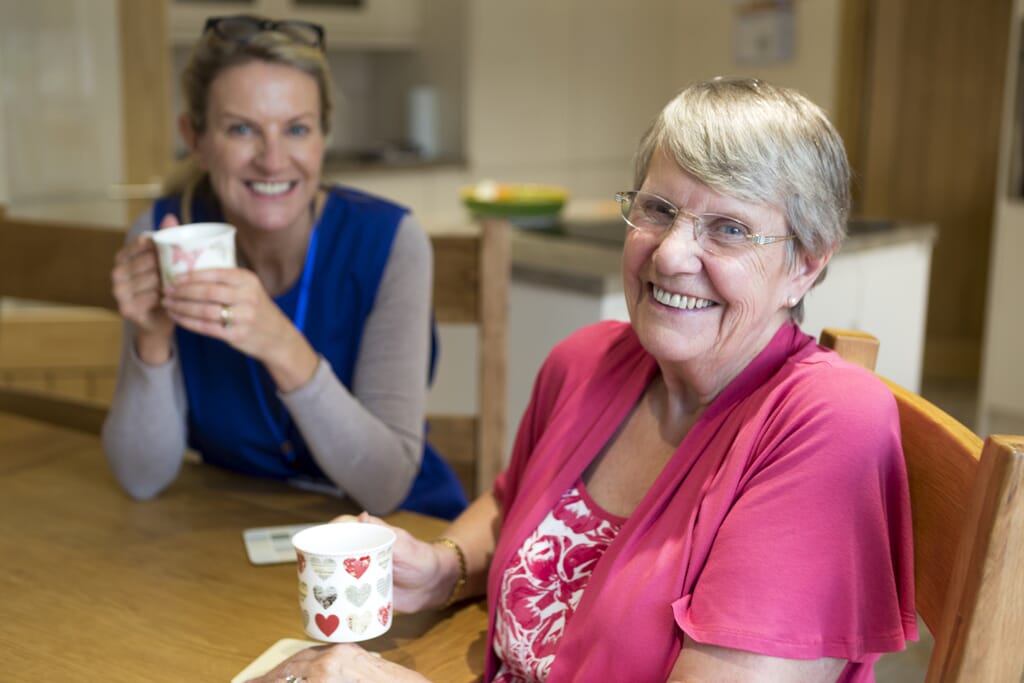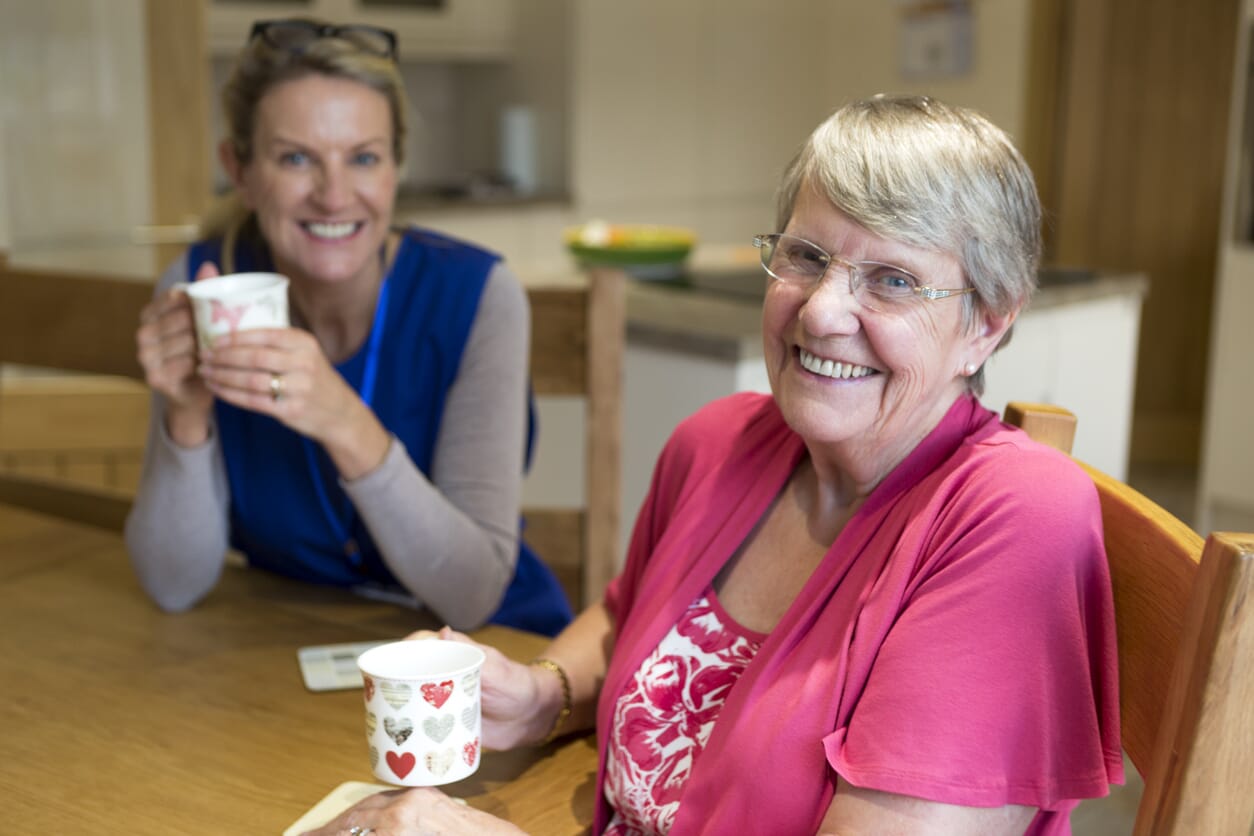Call: 01242 383 773 Or Email us

Complex Care
What is a care plan in a care home?

Moving into a care home can be daunting. Knowing you are receiving support at the right level is essential for the new resident and the home. A document such as a care and support plan is created to ensure this is the case.
Why are care plans important?
A care plan in a care home is a document that outlines the individual care needs of a resident and how they will be met by care home staff. It may include:
- Any adaptations required in their room
- What medication do they need to take, and when
- Their level of independence in carrying out daily tasks such as washing and dressing
- Any dietary needs that may affect their health
A resident’s independence, happiness, and well-being will always be central to any care home care plan. Every care home’s care plan will be unique and tailored to each resident’s needs.
In short, a social care plan is a document that outlines the care needs of a resident in a care home and how they will be met. You should receive a care plan, whether in a private care home or a home run by the local council. Reviewing the care plan regularly is essential to ensure it meets the resident’s changing needs.
What goes into a care plan?
A care plan is a comprehensive document that provides a guide for a resident’s care. The plan should be complete enough for a new carer to understand the resident’s needs from just looking at the document. But what does a care plan include?
Resident Information
Basic details include name, age, gender, and medical conditions or diagnoses.
Medical History
An overview of the resident’s medical background, including previous illnesses, surgeries, medications, and allergies.
Thorough Assessment
A comprehensive evaluation of the resident’s physical, mental, and emotional health is conducted by healthcare professionals. This may include cognitive assessments, mobility assessments, and mental health evaluations.
Individual Care Needs
A description of the resident’s specific care requirements, including assistance with activities of daily living (ADLs) such as bathing, dressing, eating, and toiletry needs. It also includes any specialised types of support such as wound care, medication management, or physical therapy.
Personal Preferences
Information about the resident’s likes, dislikes, hobbies, interests, and cultural or religious preferences. This helps staff members provide person-centred care and engage residents in meaningful activities.
Goals
Collaboratively developed goals between the resident, their family, and the care team. These goals can be related to maintaining or improving physical function, mental well-being, social interaction, or any other aspect of the resident’s life.
Care Interventions
Specific care interventions and strategies to address the resident’s needs and goals. This may include medication schedules, therapy sessions, exercises, dietary plans, and other interventions recommended by healthcare professionals.
How often is a care plan updated?
A care plan should be reviewed regularly and updated whenever it is needed. This could be something as simple as a change in medicine or if the resident has a new request, such as partaking in a new activity with the home.
As the patient’s circumstances change, so does the level in which they receive care. When offering more complex dementia care or palliative care, care plans can be adapted. It ensures that the resident, care workers, and medical professionals, such as qualified nursing and family members, understand the type of care going forward and the resident’s wishes.
At Safehands, we are specialists in finding the right care for your needs; this includes Complex Care, Live-In Care and Independent Supported Living.
If you are looking for care for yourself or a loved one and want to speak to an expert about what to do next, our friendly, caring team is happy to help. You can call us on 01242505415 or email us at enquiry@safehandshealthcare.co.uk, and a team member will help discuss your options.




